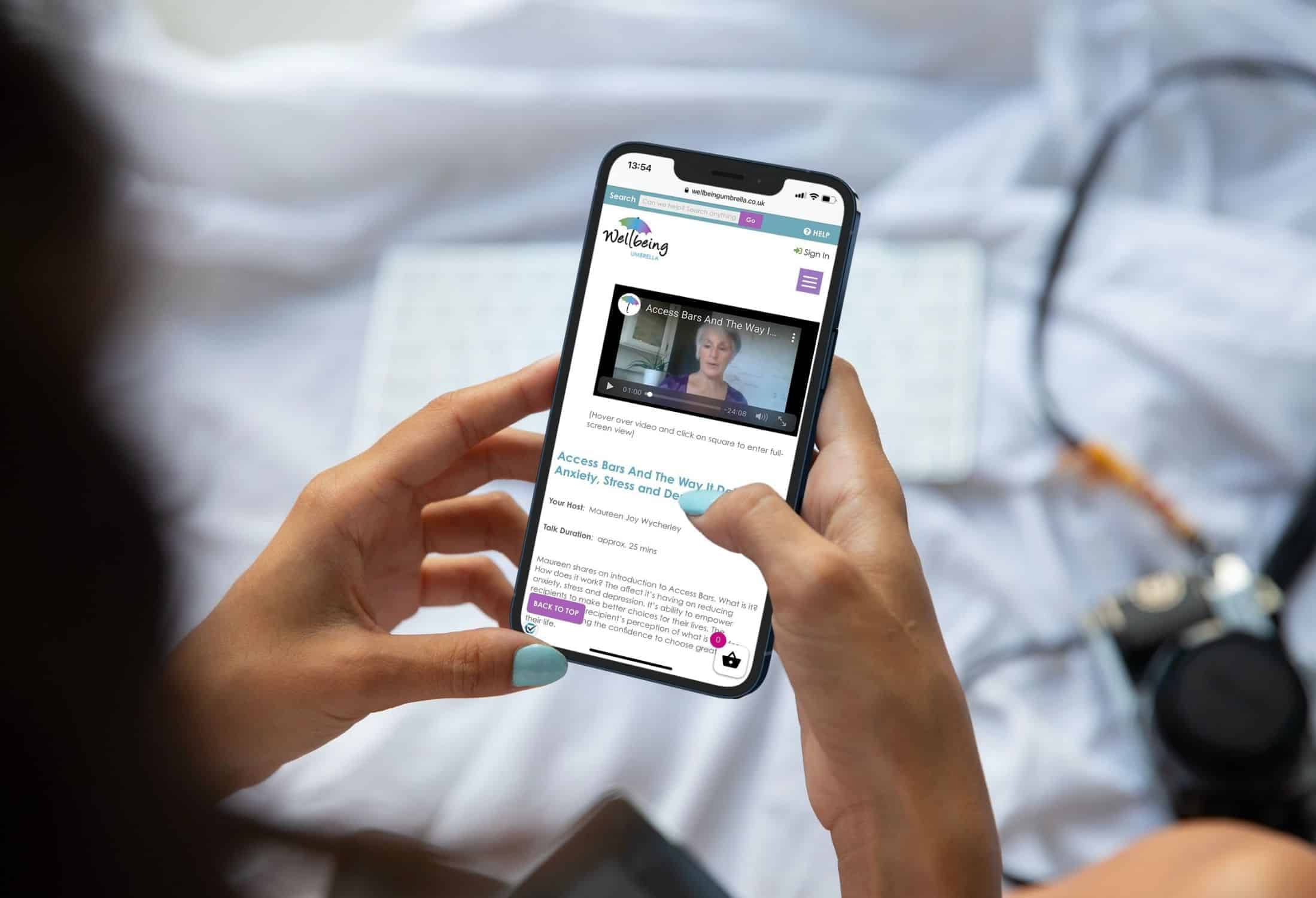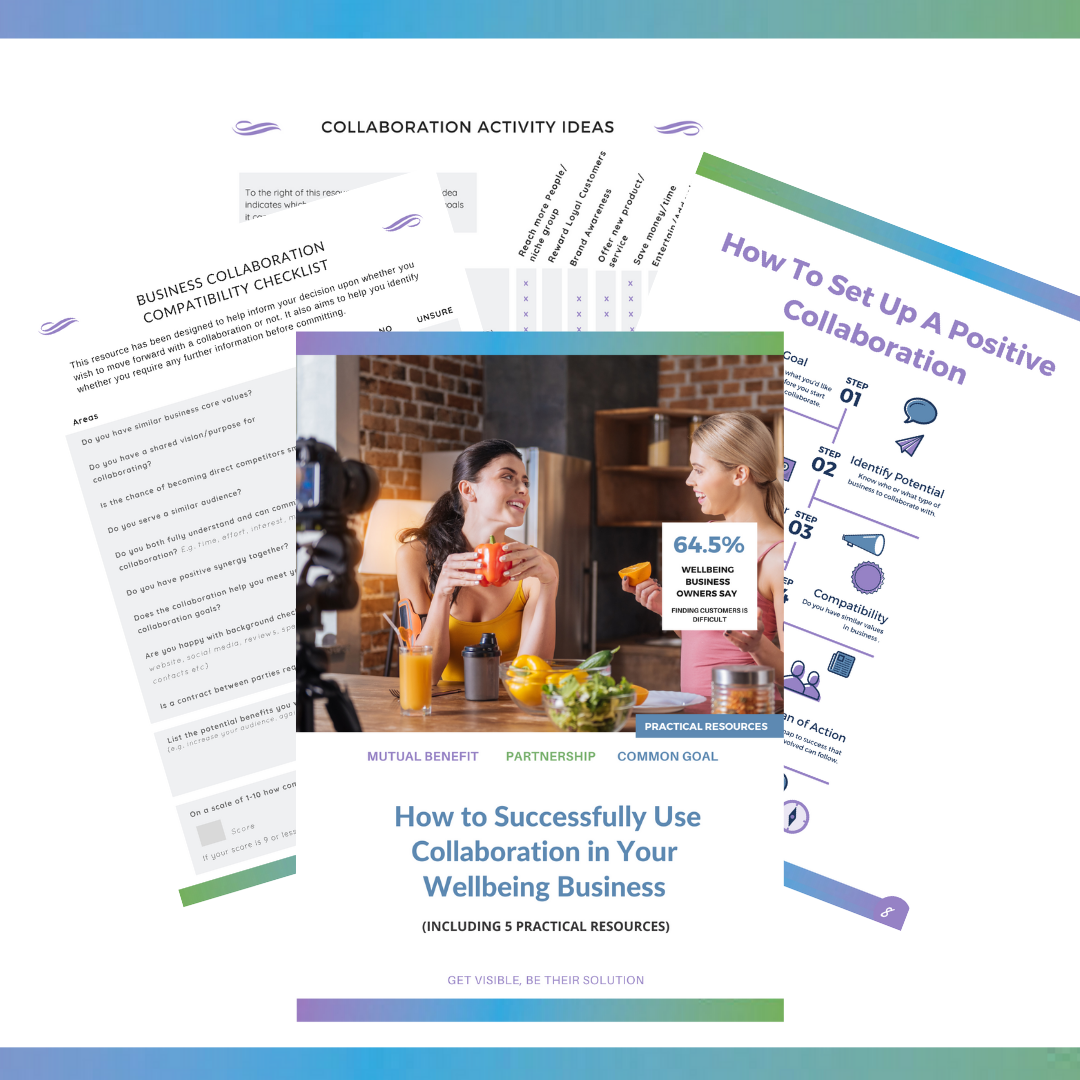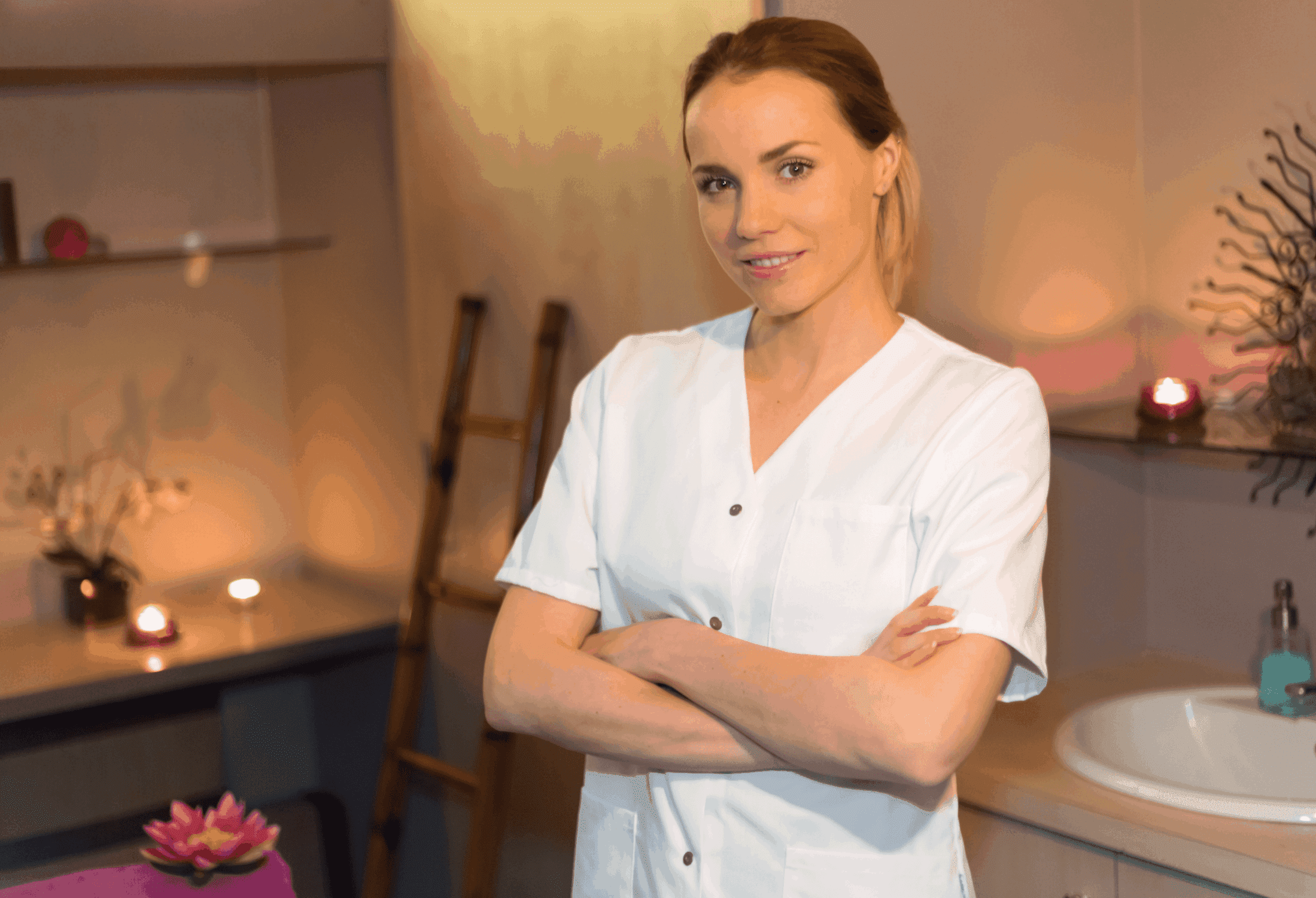Being Your Own Cheerleader and Creating Positive Self-Talk
19th Jun 23
Creating change and forming new habits can be really exciting. As with any changes, first and foremost they start with our own mentality and behaviours adapting. I like to think that each of us have the power to be our own cheerleader; celebrating our successes, being kind to ourselves and believing that we our capable of anything that we put our minds to. Creating a positive self-talk and being kind to ourselves is a great start for allowing these changes to happen. Here are some tips and steps which I found helpful when learning to overcome my social anxiety which may help you too.
Positive Self-Talk: Celebrate Your Successes
It can feel like an alien concept to celebrate ourselves and be our own cheerleader. But I believe this is crucial for our wellbeing and encouraging us to do things we wouldn’t ordinarily do. When I was first learning to overcome my social anxiety, it was helpful for me to create a list of things that I felt were achievable for me to do which were slightly out of my comfort zone e.g. calling to book an appointment instead of booking online. By celebrating these achievements, it demonstrates to us that we are capable of more than we give ourselves credit for, and the more things like this we do the more confidence we will build over time.
It’s important to acknowledge these successes, even if it’s just with yourself. Positive self-talk such as phrases like “I am proud of myself for doing that” or “I did that and it went well” will gradually build confidence, one step at a time.
Acknowledge that a “Bad Day” or Slip Up is Part of The Journey
No journey is 100% smooth sailing. There will always be bumps in the road, or a detour that you have to take, but this doesn’t mean that you won’t reach where you want to be. Take the pressure off yourself for things to work “perfectly” and instead ask “am I in a better place with my mental health than I was x amount of time ago?” If the answer to this is yes, then you know you’re on the right path. If no, then it gives the chance to reassess and find techniques which could work better for you.
What can be useful to refer to at these points is a “Positivity Jar”. Fill this with things that you know will make you feel good when you need them, such as affirmations like “I am strong”, “I am capable” or reminders of your achievements (e.g. “I drove by myself on a route I didn’t know and it went really well”). You can refer back to this at these points to reinforce positive self-talk and show how far you have come. Everyone will have a bad hour/morning/day at some point, what’s important is what we can implement to stop this spiralling and help us to regain control again.
Set Yourself Achievable and Realistic Goals
We’ve all heard the phrase “don’t run before you can walk”, and this is very true for this step. Sometimes it may be the case that whilst trying to achieve our goals, we skip a useful step and don’t realise until we get there. For example, if you know that exercise is good for your mental wellbeing and something you would like to do more of, but are worried about where to start, going straight to gym could throw you way out of your comfort zone and risk putting you off going back again. So, in this case, it could work better to ease yourself into it. Go for a longer walk, find an online/at home work out and don’t put pressure on yourself to do something every day. Make it a maintainable goal which you can reach.
As with the previous steps, make sure to acknowledge and be proud of this achievement. This will reinforce your “I can do it” mentality and allow positive self-talk and affirmations to come more naturally as time goes on.
Be Kinder in How You Talk to And About Yourself
How we talk to and about ourselves has more power than I think we realise at points. Statements we make are reinforced the more frequently we say them, so therefore if we often talk about ourselves in a negative way then we are more likely to be convinced this is true. This doesn’t need to have any factual backing or proof.
A positive that can be taken from this? We can get it to work in reverse. By reinforcing positive statements about ourselves, over time we will start to see that these are true.
What do you know you are good at? What positives do others see in you? It could be helpful to ask those close to you for these and reword them as your own affirmations. For example: “I think you’re a kind person” becomes “I am a kind person”.
Admittedly, it can feel strange at first doing these. But the more often you do, the more natural it feels, and this positive self-talk will become part of your normal language. For this, consistency is key!
Positive Self-Talk Take Home
Ultimately, the running theme with these ideas is that we should be treating ourselves how we would like others to treat us. We can set that initial boundary for behaviour we will and won’t accept and that positive self-talk sets the precedence for this. It will take time for this to feel comfortable, but it feels so worth it when you get there.
If any of the themes throughout this blog resonate with you, or if you’d like to discuss them further. I offer 1:1 coaching sessions designed to help you regain your inner power and confidence. You can email catherinehubbardcoaching@gmail.com or book through my website contact page accessible via my bio below.
Disclaimer: The information contained on this Site is provided for general educational purposes only and is not intended to diagnose, treat, cure, or prevent any disease or health condition. Please consult a qualified health care professional to diagnose your health condition and prevent self-diagnosis. We do not dispense medical advice or prescribe or diagnose illness. Read full medical and health disclaimer.


























